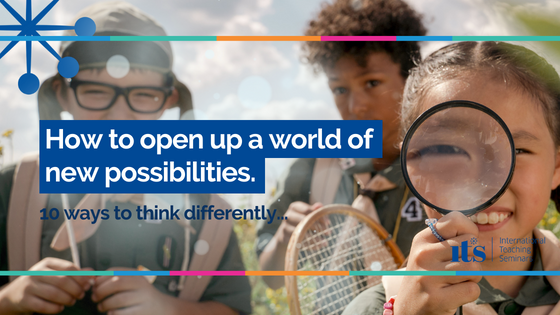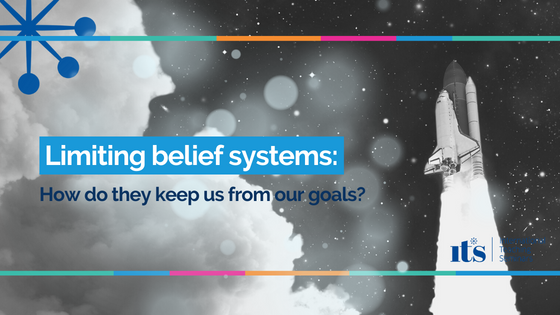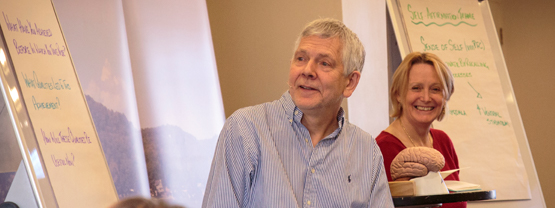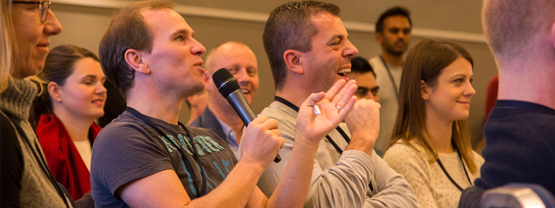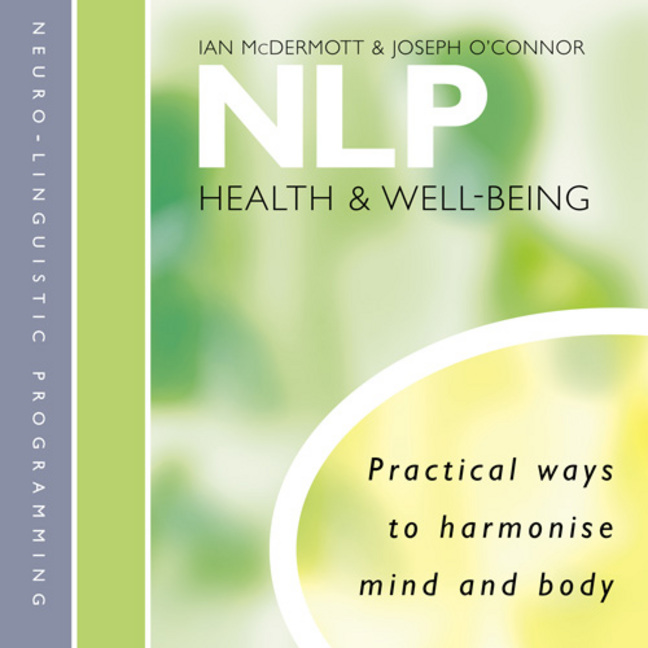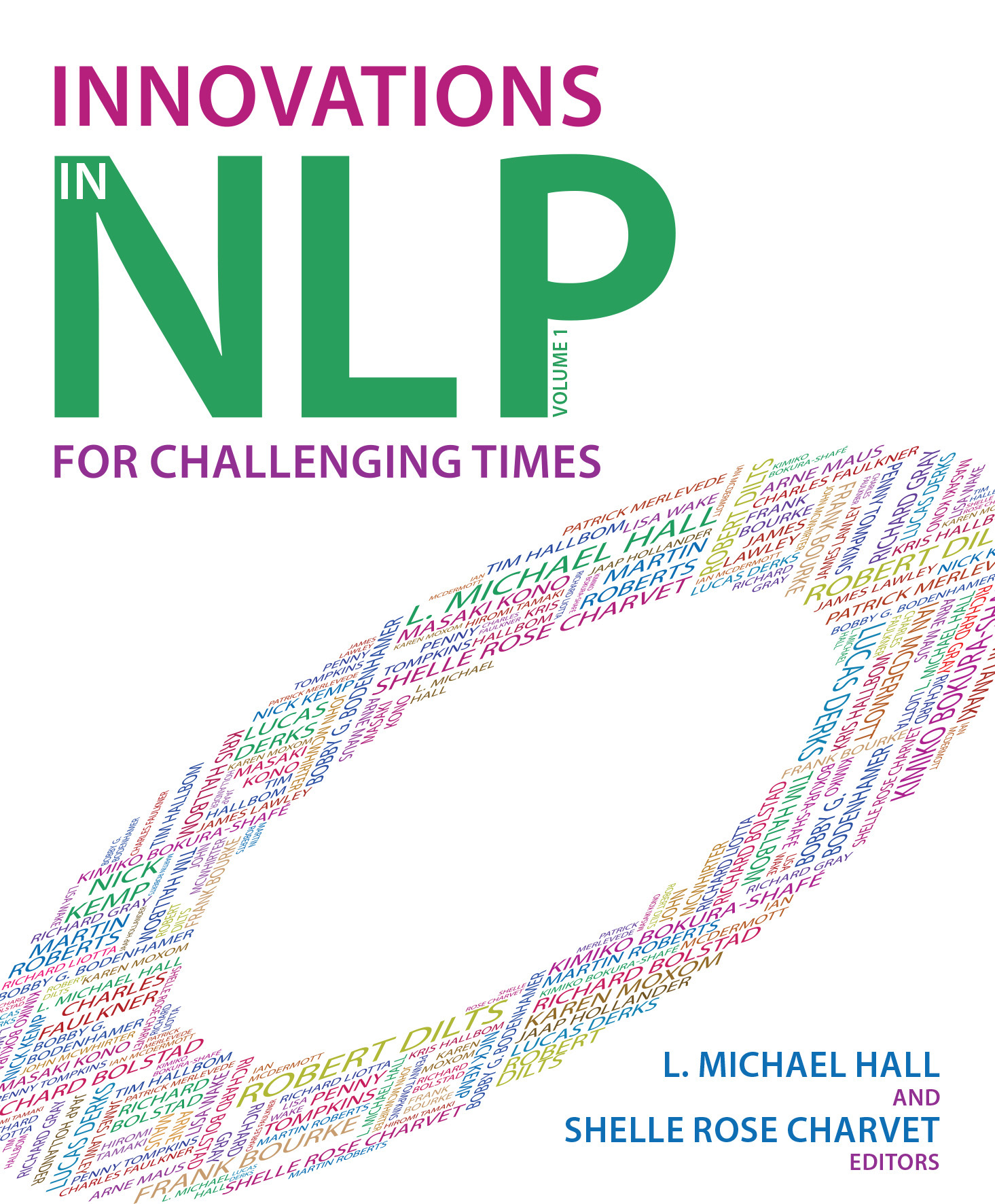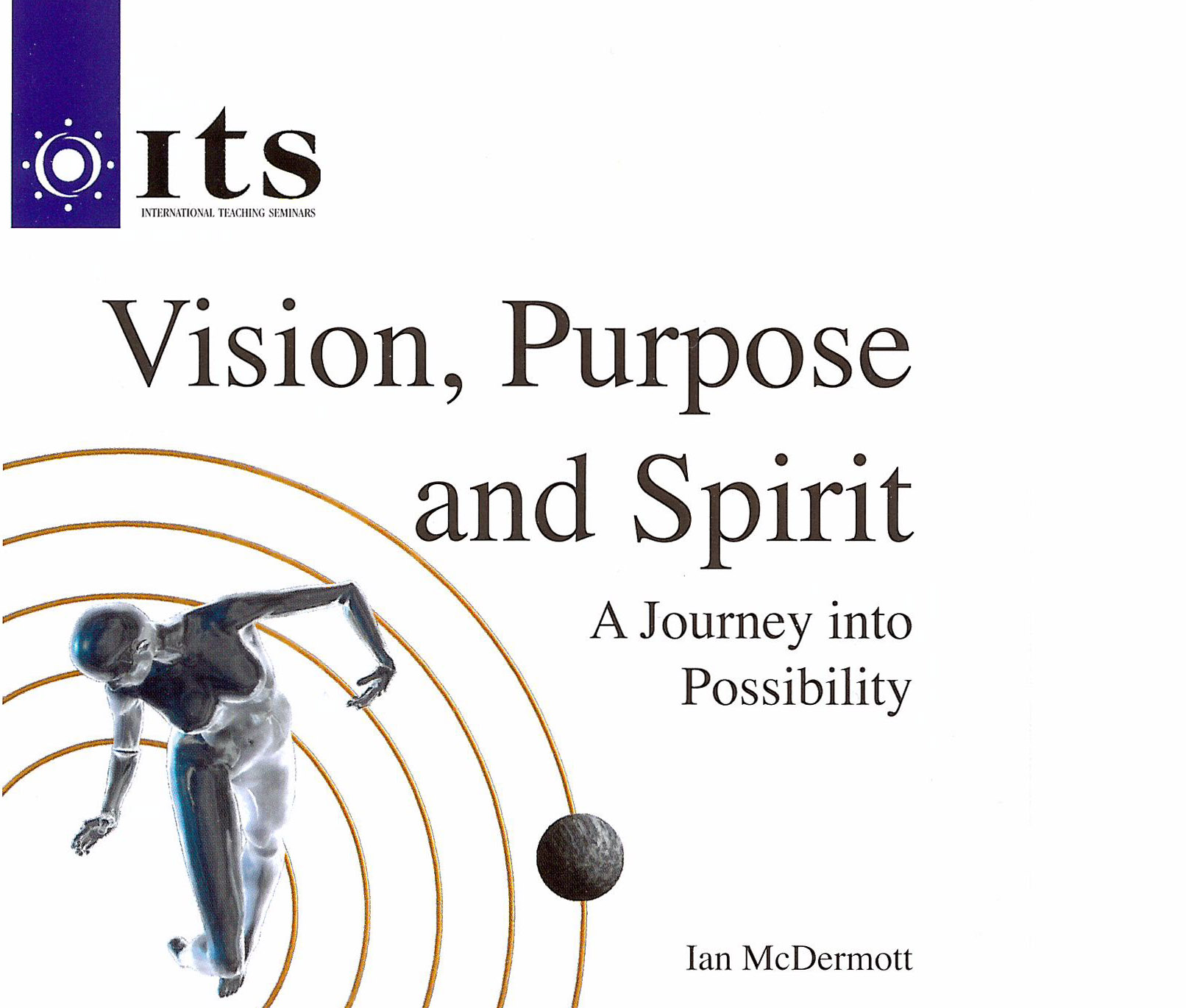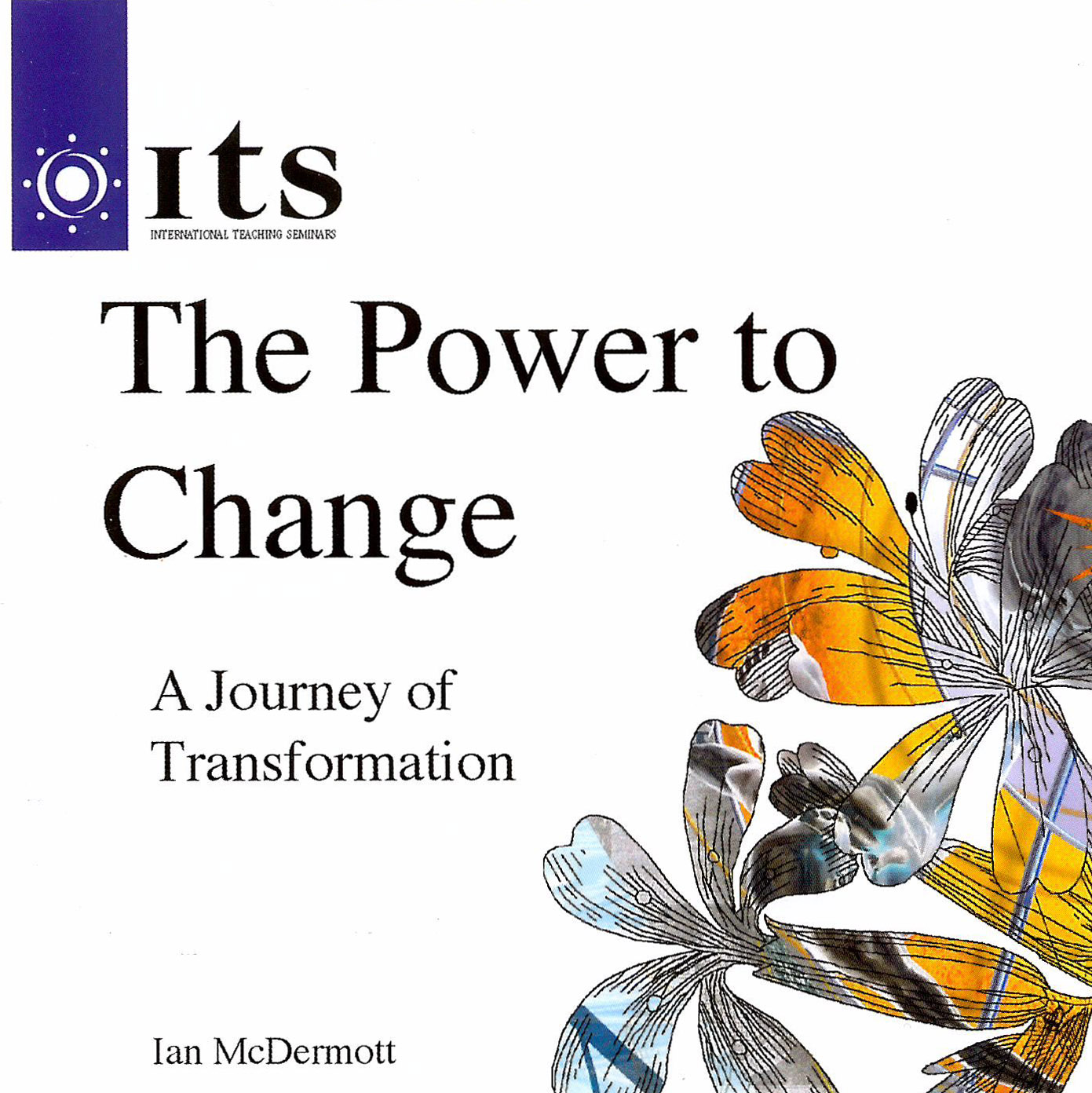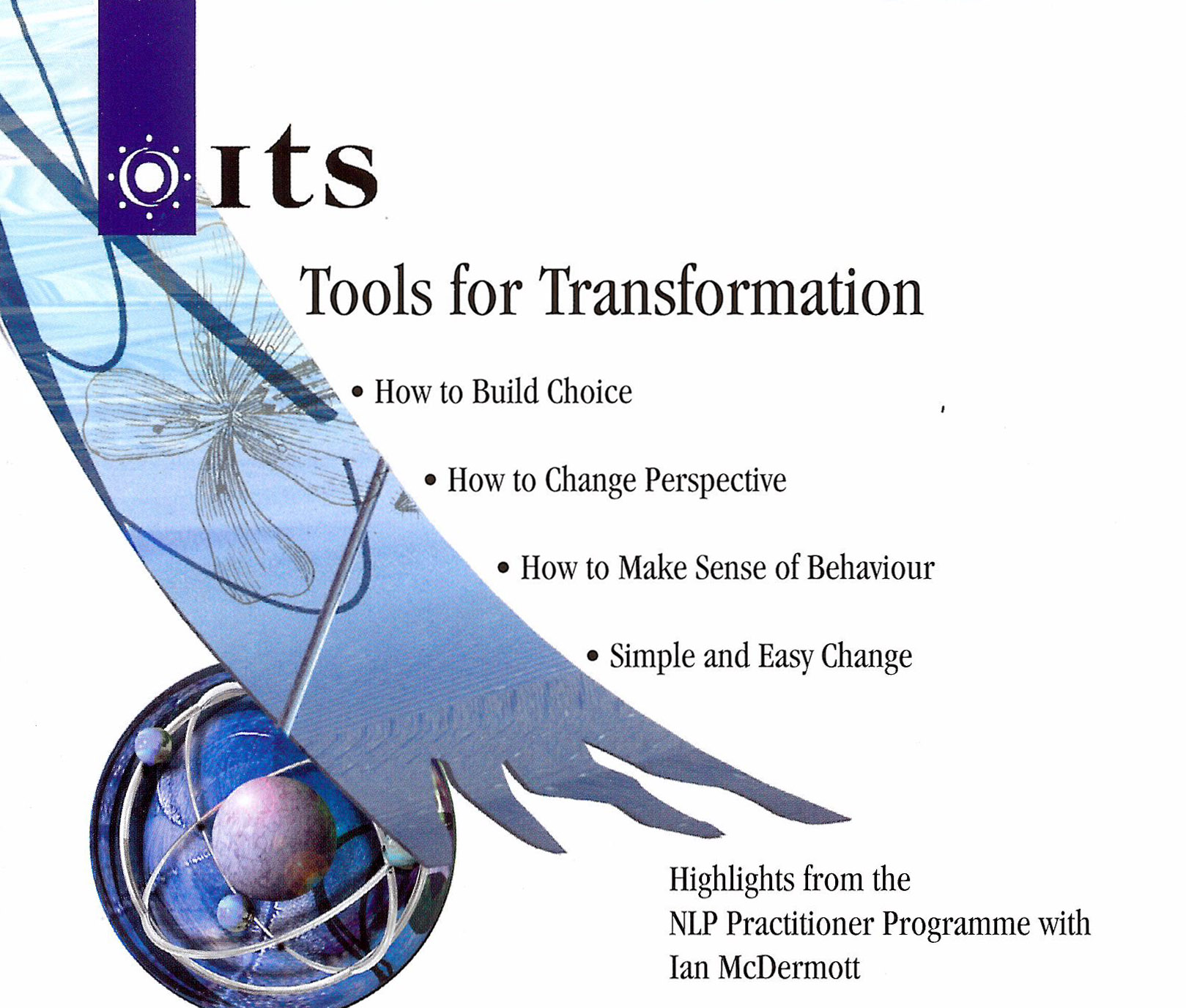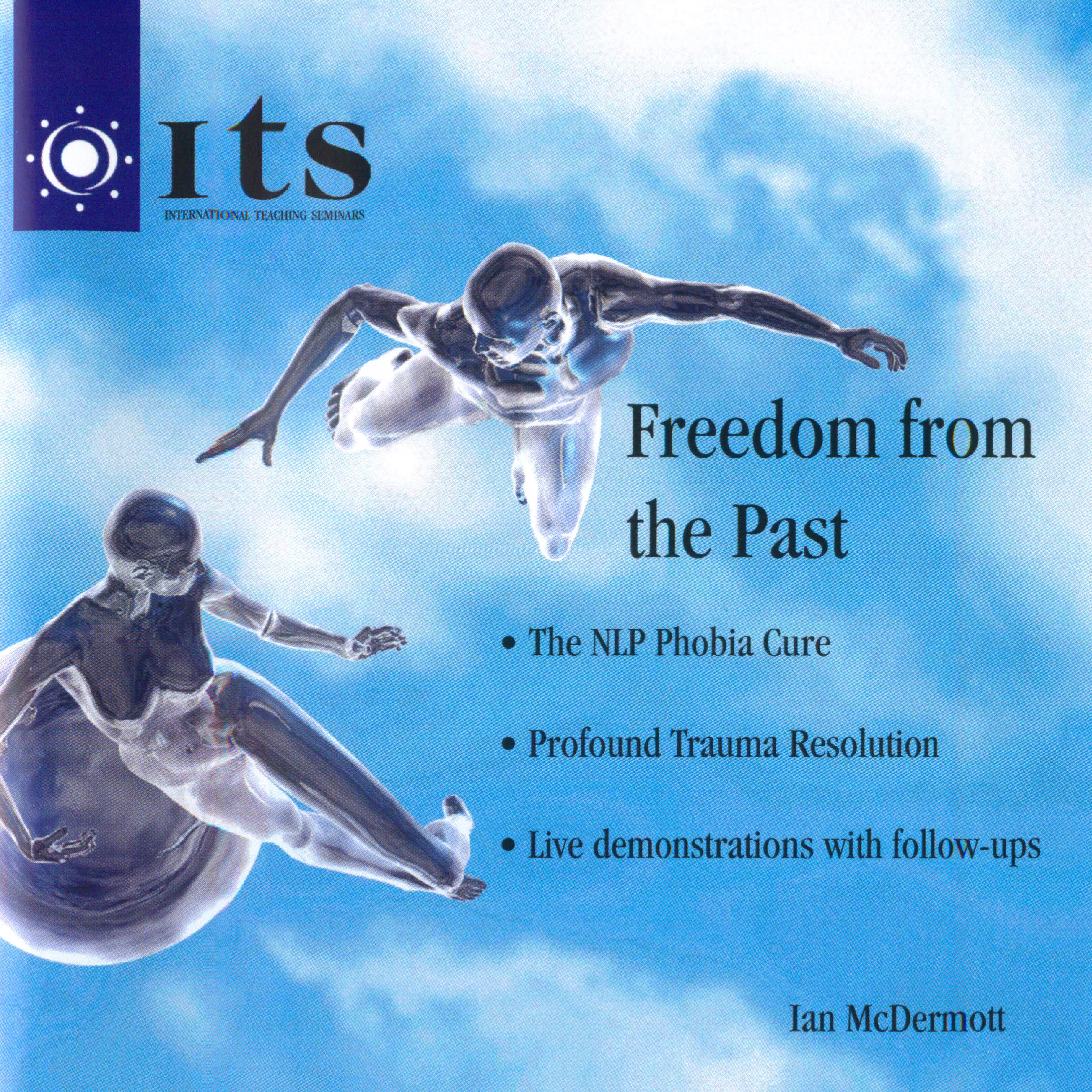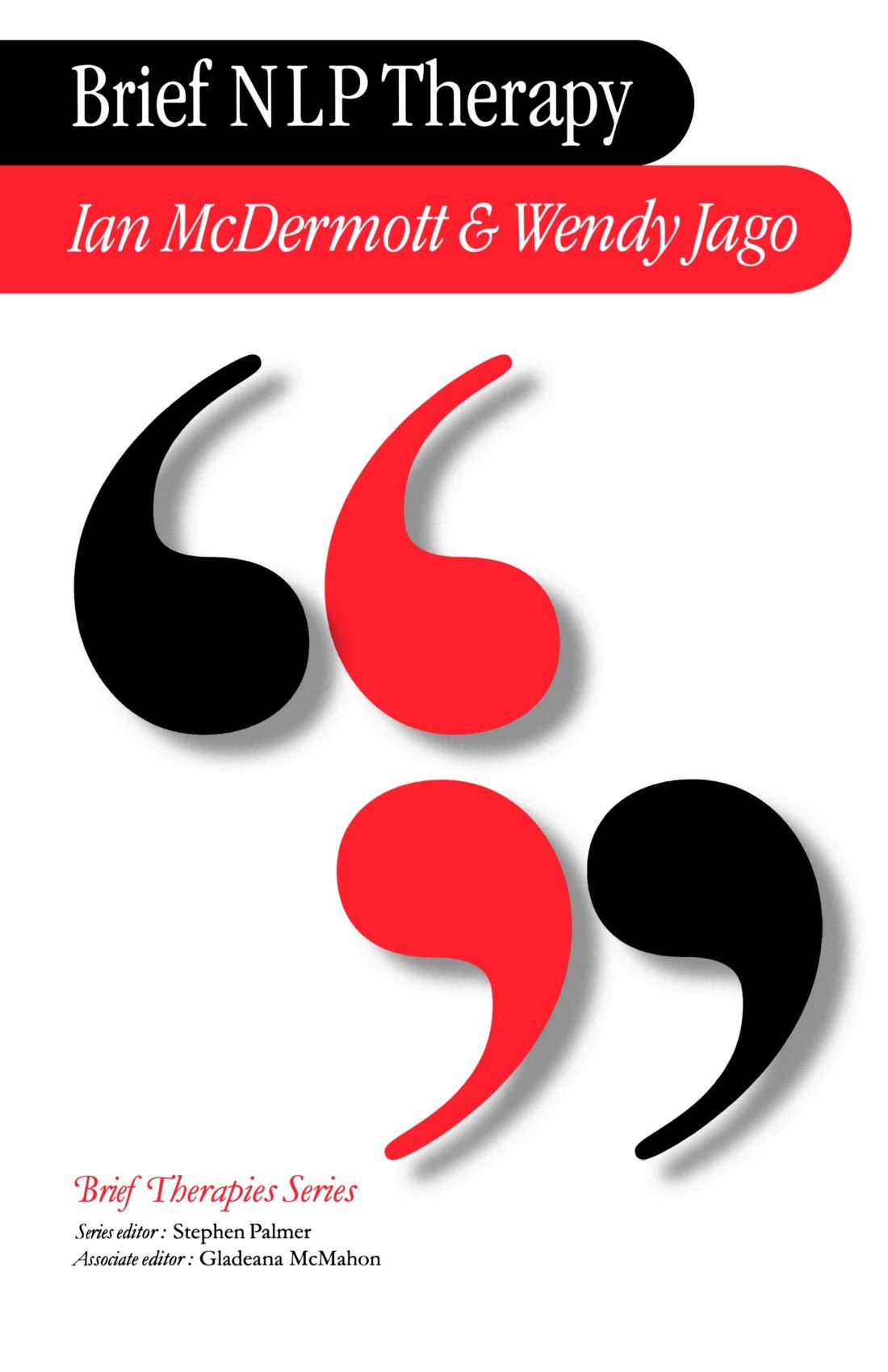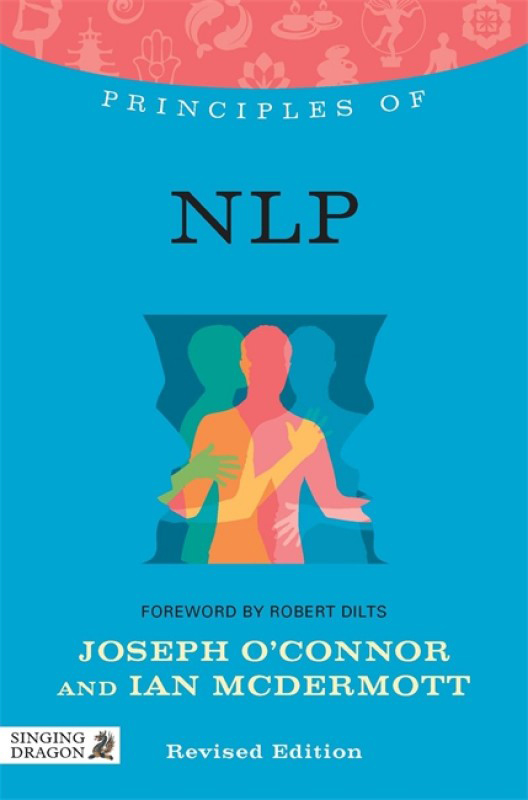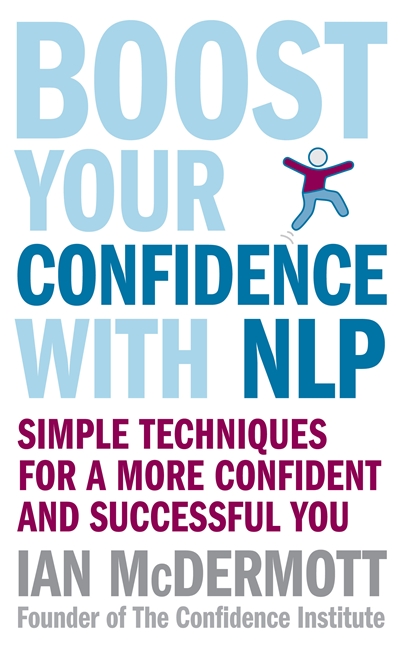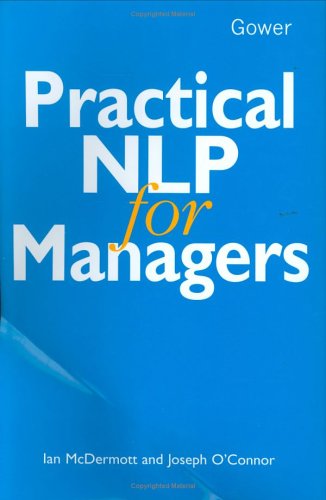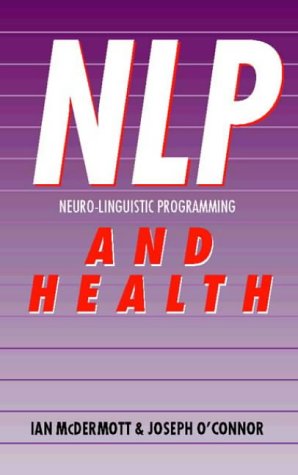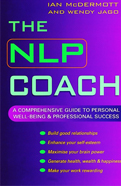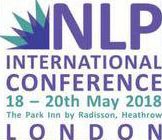NLP Learning Zone
A platform for you to explore your curiosity and identify what steps you can take next to continue your personal and professional journey – whether you are new to NLP or already an avid practitioner in the field.
“I wanted it to deliver practical tools for people and organisations, and to make it possible for a person to live by their values”
What is NLP?
Neuro-Linguistic-Programming – or NLP as it’s commonly known – is fundamentally the study of human excellence. Or for a definition that takes a little more thinking about; it is the study of the structure of subjective behaviour. From the years of study & research, a whole raft of practical tools & techniques has been developed to help people to develop their thought processes and optimise their abilities in everyday life or at work.
But NLP is more than just a collection of techniques. The techniques & practical skills are the consequence of a way of thinking, a way of thinking that drives positive improvements in your behaviour and the way that you communicate with others.
Latest NLP articles from the ITS Blog
Books and More
Masterclass: Catalyzing the Possibilities of Intentional Fellowship
Join Robert Dilts and Ian McDermott at the NLP International Conference in London on Friday 18th May 2018.
Find out more and details of how to book
Discover more about NLP
What does the term NLP mean?
NLP stands for “Neuro Linguistic Programming” – and if we break that term down, we can discover a bit more about what NLP really means.
Neuro = The mind-body, and how it works.
Linguistic = The language we use to describe and categorise our world and to make sense of our experience.
Programming = Sequences that repeat, patterns of thought and behaviour that help or hinder us.
By learning NLP well, you bring a new awareness and understanding to these areas. With this comes new choices and the possibility of making the changes you want to more easily. When you can do that for yourself, and have a whole new depth of relationship building and communication skills, you can be certain that you can have a profound impact on other people. And since teams and organisations are made up of people, guess what? You can absolutely make a difference for them too.
An Introduction to Neuro Linguistic Programming
It’s useful to think about NLP as a set of guiding principles, attitudes – or even a mindset – based on curiosity and exploration, ease, excellence, and having fun. NLP is essentially a model to help us understand how we perceive the world and how we organise our beliefs, thinking, feelings and behaviour.
This can lead to such questions as:
- What do you want?
- What works?
- How do you do that?
- What’s the difference that makes the difference?
The results of this attitude and exploration are:
- A feeling of integrity & wholeness, a sense of internal harmony.
- The best possible relationship – with yourself and others.
- Life-long learning and growth.
You can use NLP remedially to help you get more out of life, but it also provides the tools to make excellence more easily attainable; because if you are achieving excellence yourself it can be modelled, developed and used to teach others.
Why would you wish to explore NLP?
Many of us wish to improve our emotional well-being, work performance, decision making, communication and more. But too often we fail to take practical steps to achieve these goals. With NLP training, you can discover a framework to help you explore and address your challenges and acquire tools to help you move beyond them. You might use these questions to explore the specific challenges you face:
- Is there a gap between the values you hold and the way you behave?
- Do you feel trapped in limited and repeating patterns of thought and behaviour?
- Do you feel helpless and at the mercy of your emotions?
- Do you wish you could become more confident and emotionally resilient?
- Do you see others succeed and wonder how they do it or what makes them different?
- Do you wish you could identify patterns of success in others and replicate them yourself?
Few of us are 100% satisfied with how we think, behave and feel. While perfection is impossible, it’s great to have a programme in place to help us to learn about ourselves, improve upon the skills we have and learn new techniques. NLP is an ideal way to structure that effort, and that is exactly what we look to discuss in our NLP training programmes.
The origins of NLP
NLP was first named and explored by Professor John Grinder of the University of California and his student Richard Bandler in the early part of the 1970s. Grinder and Bandler were both curious about how certain individuals came to be regarded as geniuses and what exactly set them apart. They came to believe it could be possible to identify the patterns of thoughts and behaviour in these geniuses and to teach them to others, in order for them to benefit from the same skills.
As examples of “genius,” Grinder and Bandler decided to look at three ground-breaking therapists: Virginia Satir; Milton Erickson and Fritz Perls. Their hunch was that their edge came from their unique perspectives and patterns of behaviour, so they set about a two-year study to capture the formula for their success by modelling their approaches.
The subjects themselves were never called upon to account for their success in person, and in fact part of Grinder’s and Bandler’s conclusion was to deduce that actually the geniuses in question were largely unconscious of the specific keys to their successes. Instead, through study and observation, Grinder and Bandler were able to observe patterns in their output and ultimately build detailed models of their subjects. They published The Structure of Magic I: A Book about Language and Therapy in 1975 – which featured their NLP models of Perls and Satir. In essence, book sought to distil what made Perls and Satir so effective in to a model that others could adopt to improve the results of their own efforts.
While NLP has been the subject of some debate among academics ever since, it has proved an enduring and appealing idea. The influence of NLP training has spread across the globe and thousands of practitioners have benefitted first hand from the description, framework and approach it provides for optimising human potential.
Over the years, leading professionals like Ian McDermott have built upon the ideas of NLP’s founders and developed the field, both conceptually and practically. More recently, NLP has incorporated cutting-edge input from professionals in the field of neuroscience – including ITS Consultant & Professor of Applied Neuroscience, Patricia Riddell – showing us exactly why the NLP tools and techniques are so effective. Today, NLP is a sophisticated, widespread discipline that’s successfully applying neuro linguistic programming methods in all areas of professional and personal life.
What is NLP used for?
When you think about your life and how it’s working out for you, how do you think you would answer? For most of us the answer is “it’s complicated!”
If we’re ever to truly untangle all those challenges that muddle our feelings and frustrate our efforts, it’s a good idea to thoroughly explore what it really means to be a complex individual coming up against a complex world. That’s exactly where we start with NLP.
NLP training, starts with exploring who you really are by looking at the unconscious filters and biases that colour how you encounter the world around you. From this platform we introduce techniques that help you identify and modify your limitations and your strengths, freeing you to enjoy happiness, independence and successes – both personally and professionally.
When we take our first steps in NLP training, we look at the three things going on internally that shape how we see the external world:
- What we see
- What we hear
- How we feel
We all experience the same world, but the way we perceive it and react to situations is what makes us all different, and what makes us who we are. By paying close attention to our subjective experiences, we learn a great deal about ourselves. By observing the unique way that we order and react to information from the outside world, we also gain valuable insights into how we can change and improve.
Part of this is identifying unhelpful patterns and structures – and modifying them. By exploring ways of organising thoughts and feelings that aren’t working for us, we can recognise and manage them. We can examine how we take on board, process and react to stimuli from the outside world and take control over how that process occurs. That way, rather than suffering as the result of “negative” experiences, our behaviour and emotional well-being can actually learn, grow and benefit in order to cope better with future situations.
Understanding Filter & Bias
The world bombards us with data, and we all have our ways of coping without being overloaded (although overwhelm is a common human experience)
By taking a step back, we can attempt to understand the particular, characteristic ways that we choose what to take in. We can observe how we prioritise that process in relation to our needs and desires, and how we allow certain experiences to influence our behaviour in specific ways.
The ways that we filter information coming in, and the bias we place on the extent to which we allow these factors to influence us, go a long way to making us feel and behave the way we do. And if we ever wish to change the ways we feel and behave, we have to recognise and study these processes that go on behind the scenes.
Does NLP work as a tool to change behaviour?
Every day, people are changing their thoughts and behaviours through NLP training that helps them to build techniques and achieve long-desired outcomes. ITS works closely with a diverse range of people looking to alter various aspects of their lives. Individuals that attend one of our listed NLP training programmes or workshops will typically experience significant improvement in their emotional well-being and feel more ‘at peace’ with themselves.
In addition, there are many practical and professional advantages to be secured for yourself through NLP, including:
- leading effective meetings at work
- Improving negotiation skills
- Overcoming fears and obstacles
- Broadening your outlook, flexibility and creativity
- Plus many more
Throughout your NLP training, it’s important not to underestimate the value of working with experienced instructors that have a full understanding of the theory and techniques involved. NLP is an effective technique to employ with the right teacher, but it takes expert training to acquire the theoretical knowledge and expertise required to train others.
Channel the approaches of the most effective individuals through NLP training
As well as observing and coming to understand your own unique take on the world, the techniques you learn in doing so will open you up to observing and recognising those processes in others. Through further study, you can grow to appreciate how these quirks enable high-achievers to do exactly what it is that they do.
Developing these insights in a more formal way, we can attempt to “model” the internal processes of particularly effective individuals. This lets us identify and share certain characteristics and habits that could be helpful to ourselves and others when attempting specific tasks. After all, standing on the shoulders of giants is a great way to reach new heights. In fact, it was this intention that inspired the founders of NLP, John Grinder and Richard Bandler.
What is NLP Training?
NLP training helps you learn about your own “model” of processing information and feelings, learn to put NLP techniques into practice and even learn how you can adopt alternative “models” in order to achieve your goals and build relationships.
- Help you to understand how you perceive the world
- Establish new systems for organising our minds – “reframing” your mind to work more effectively
- Introducing practical tools for communication, thinking, behaving, problem solving & decision making.
Training can be remedial, ie. it can help identify dysfunctional patterns and help you to change and redirect them so that they’re no longer holding you back.
It can also recognise and enhance those aspects of your own personal model that make you unique and bring you success.
We run a variety of NLP programmes and workshops throughout the year, where we explore different aspects and benefits of Neuro-Linguistic-Programming.
How to choose NLP Training
NLP’s popularity is booming and more and more people are seeking out NLP training. The number and availability of NLP courses has risen to meet demand, though sadly, the quality of many NLP training programmes is far from consistent. When looking at selecting an NLP training course, it’s a good idea to have a look at who the course trainers are to assure yourself of their level of expertise – you don’t want to waste your time and money on training from an instructor who is only one page ahead of you!
The best way to ensure that NLP training meets a high standard of quality is to ensure that the course is led by a recognised ANLP Trainer – like ITS Founder Ian McDermott. The Association for Neuro Linguistic Programming (ANLP) is the Association for NLP Professionals. ANLP is already synonymous with best practice and they continue to establish their reputation as one of the most professional and trusted independent NLP membership organisations in the world.
Here at ITS, we pride ourselves on our expert course leaders whose credentials, published history and professional track records cannot be denied. Our NLP courses in London teach content compiled by world-leading figures from the NLP field to ensure that course content and teaching meet the highest standards. The NLP training itself is delivered by experienced trainers, many of whom are authors on the subject themselves.
If NLP sounds like it’s of interest to you, why not take a look at our upcoming accredited NLP courses in the UK, or give us a call on +44 (0)1268 777125



